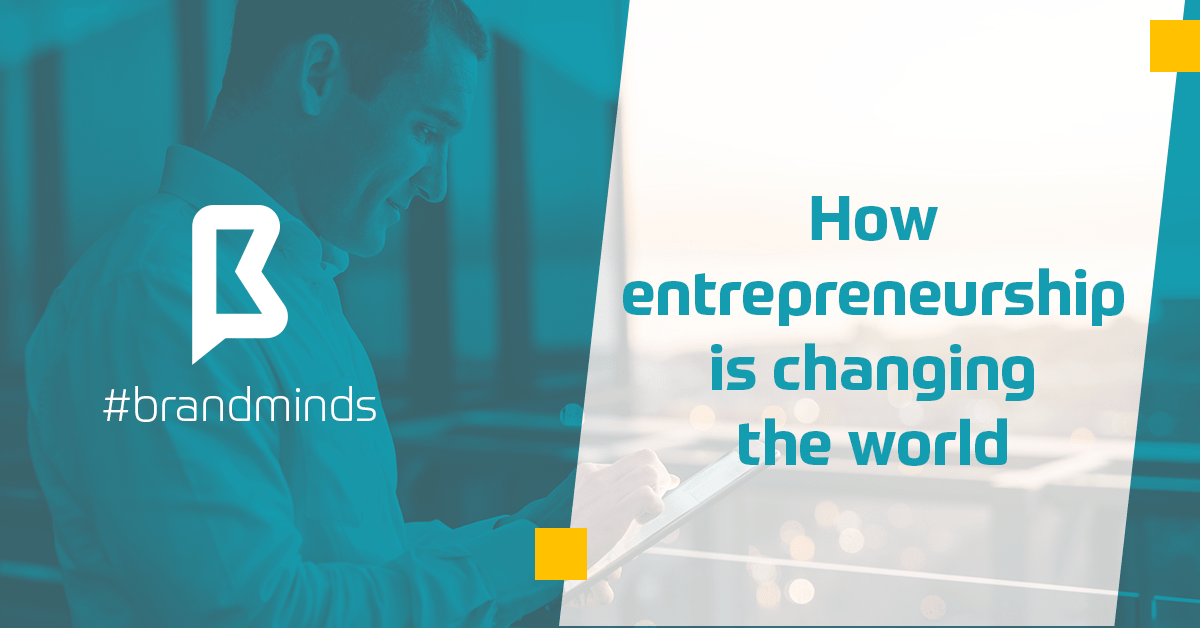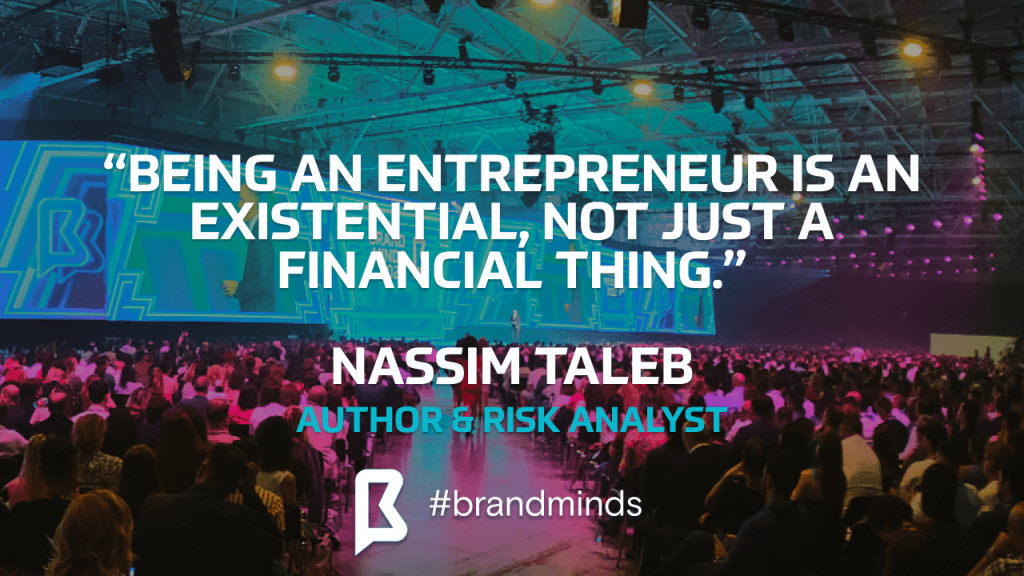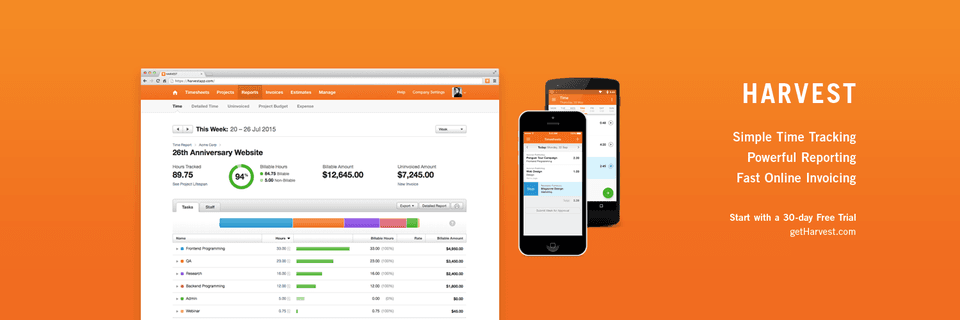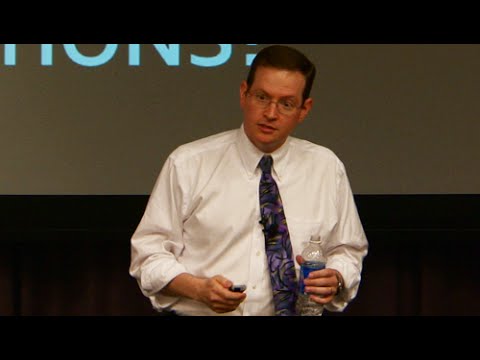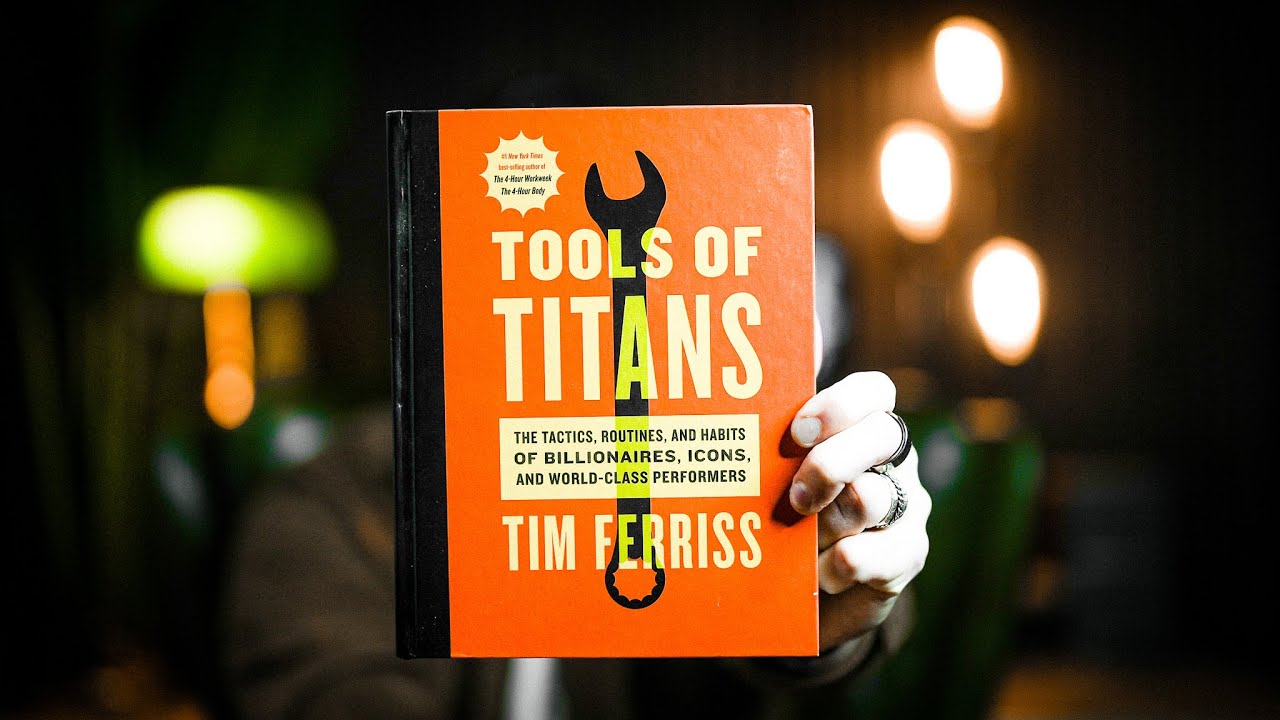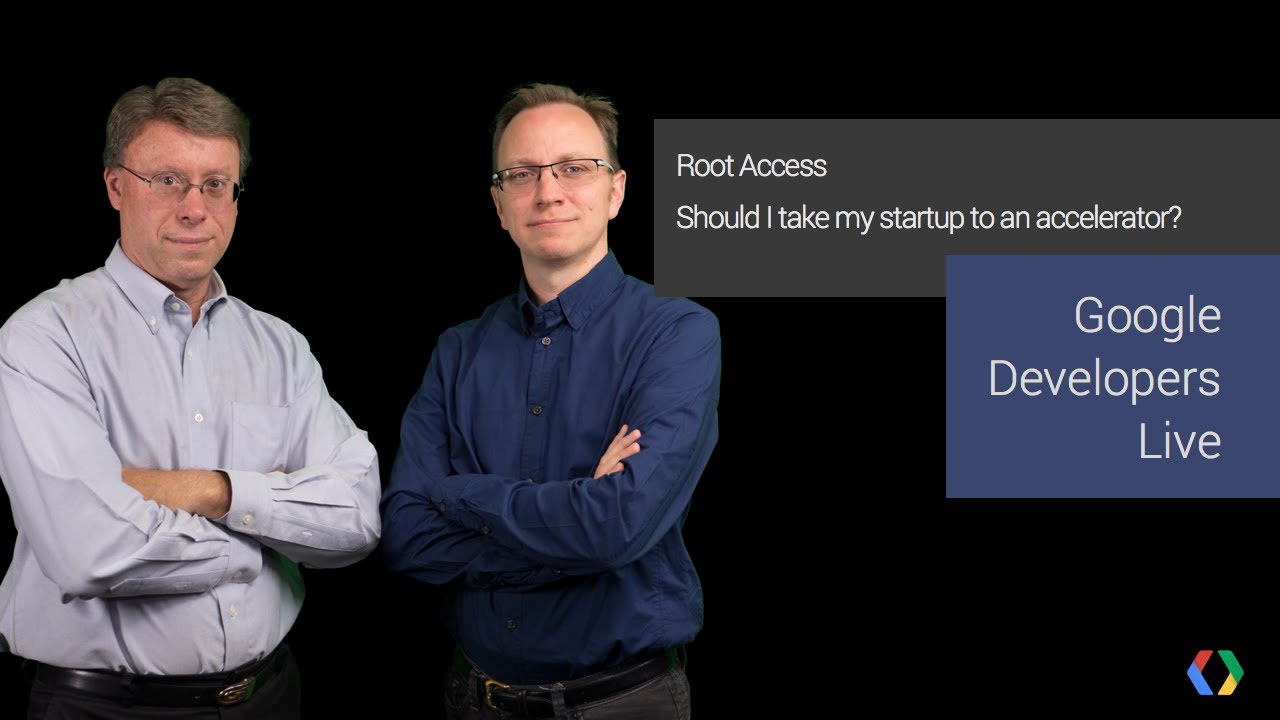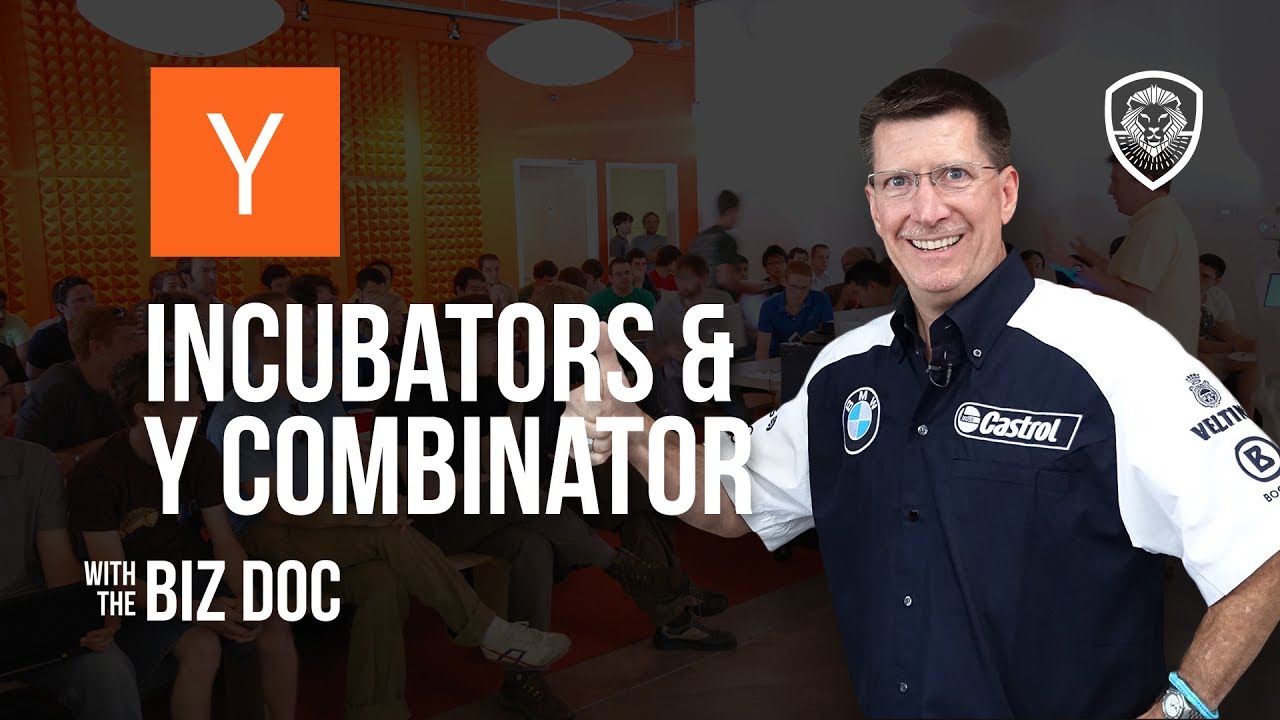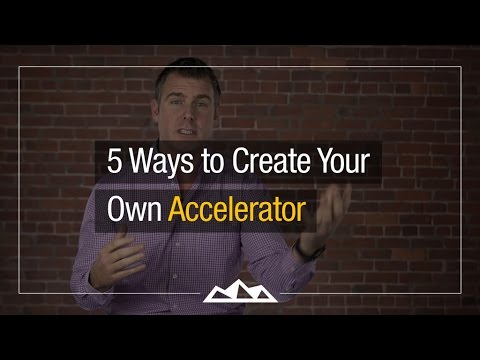UniCredit Bank’s Commitment in Romania: Empowering Youth through Education and Innovation
For more than two decades, UniCredit Bank S.A. has been a steadfast supporter of education, entrepreneurship, and social impact in Romania, with a strong focus on empowering youth and fostering sustainable business practices. Through strategic programs and partnerships, the bank aims to build a generation of well-prepared, financially literate, and socially responsible individuals who can shape the future of the country.
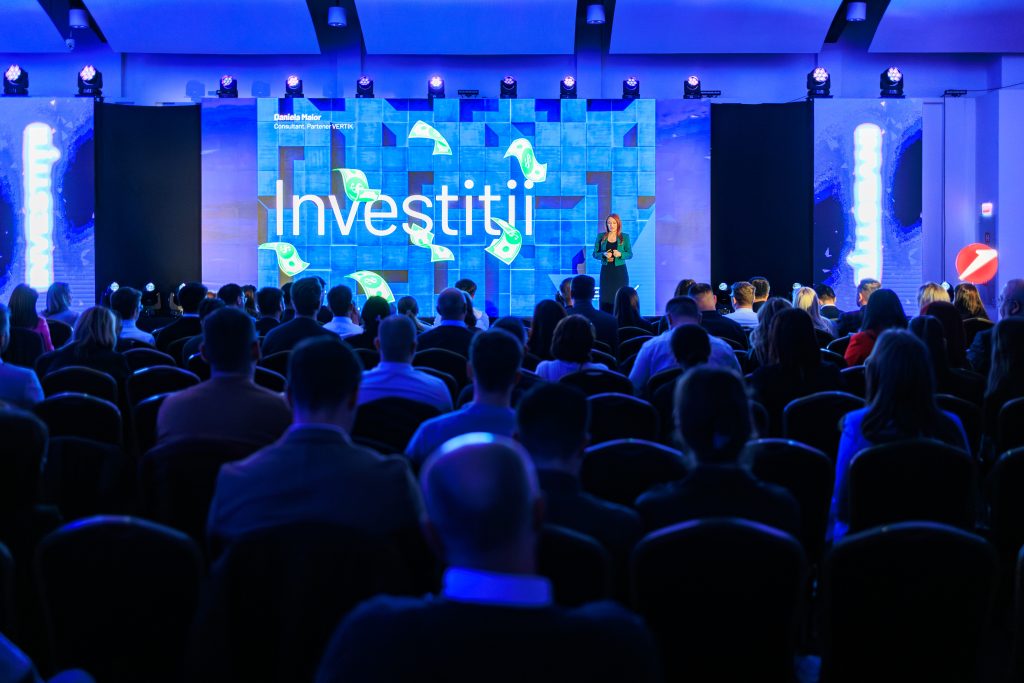
At the heart of UniCredit’s social mission is a desire to identify, finance, and promote individuals and businesses that generate both economic and societal value. The bank believes that sustainable business is essential not only for its own long-term health, but also for the prosperity of its clients and the communities it serves.
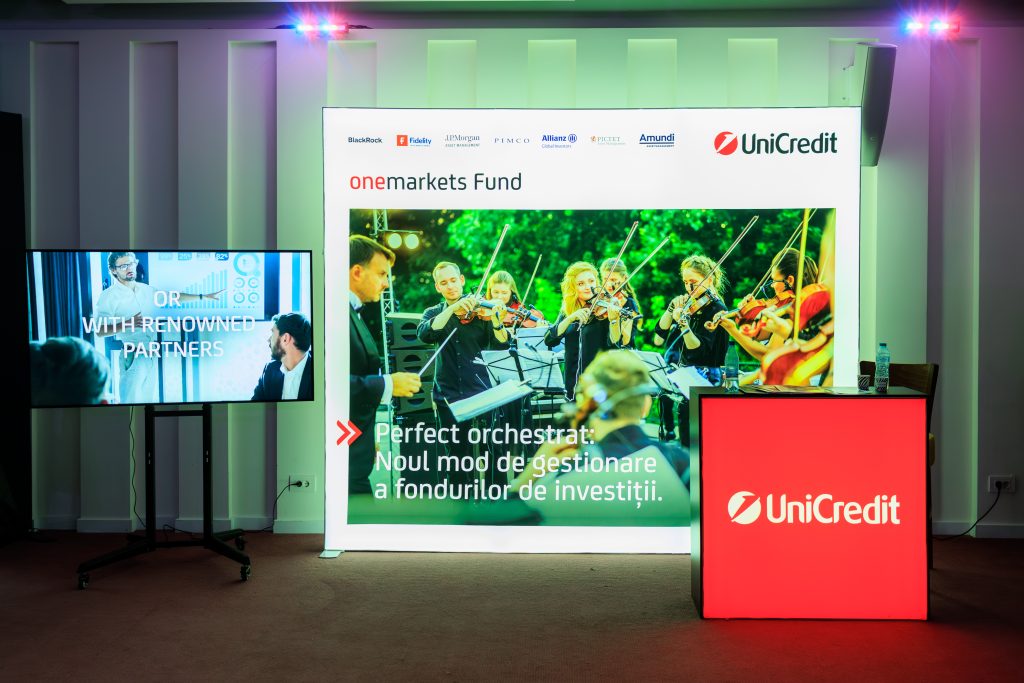
Fostering Entrepreneurship and Innovation
UniCredit Bank has been instrumental in launching and supporting initiatives that empower young entrepreneurs and drive innovation. Some notable programs include:
- F&B Business Accelerator & Innovation Camps – tailored support for HoReCa entrepreneurs;
- Techsylvania International Conference – promoting tech innovation and leadership;
- The Entrepreneurs Tours – a series of educational events across major Romanian cities;
- Endeavor Romania’s scale-up and mentoring programs – designed to accelerate high-impact ventures.
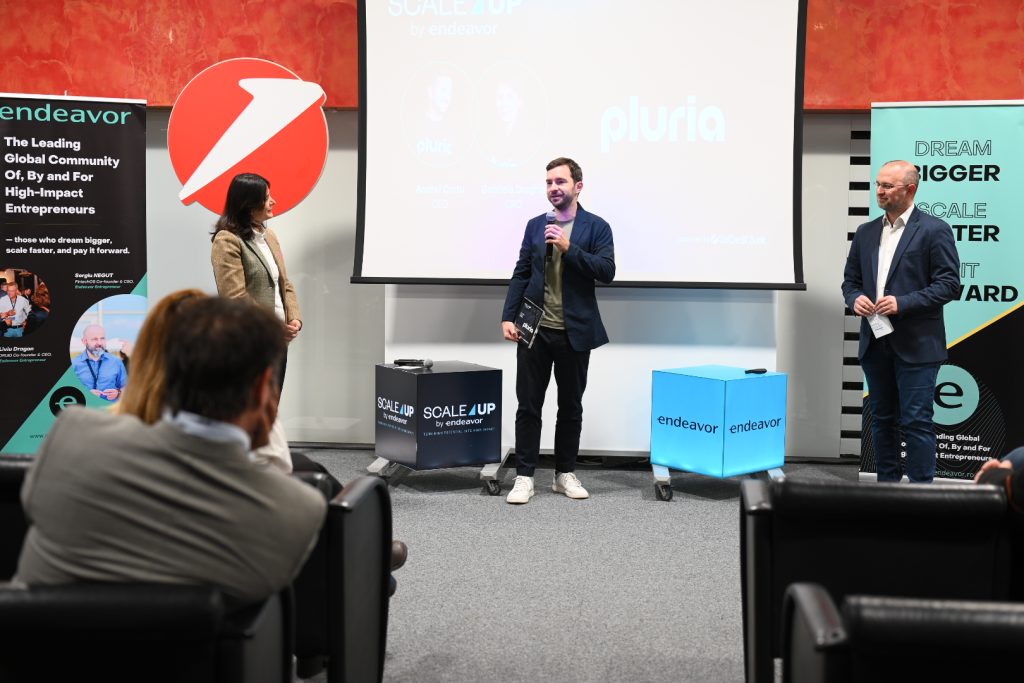
Financial Education for the Next Generation
Over 5,500 young people have already benefited from UniCredit Bank’s two flagship financial education programs:
- Start Major (6th edition), implemented by the Social Incubator Association, equips youth with skills in financial literacy, career development, and entrepreneurship, preparing them for independence and the job market.
- Smart Leo (2nd edition), in partnership with Lions Club Decan, focuses on basic financial education while also promoting sustainability awareness and encouraging youth-led sustainable business projects.
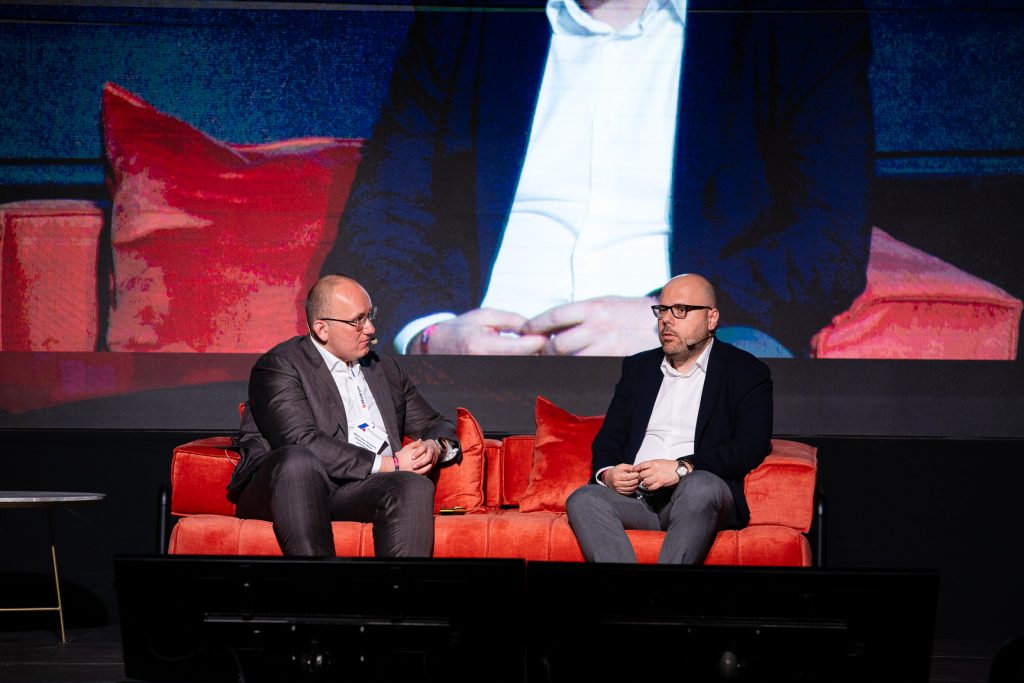
Advancing Academic and ESG Education
In a pioneering initiative, UniCredit supported the West University of Timișoara in launching Romania’s first postgraduate course on ESG reporting and sustainable finance. The program, inaugurated on ESG Day – November 14, 2024, addresses the national gap in ESG expertise. To date, 63 graduates have earned diplomas, contributing to the country’s transition to a more sustainable economy.
The bank also proudly funds Skills for Transition, a comprehensive training program that prepares students, NEETs, and companies facing challenges from the green transition to develop the competencies needed for a changing labor market.
Nurturing the Next Tech Giants
One of the latest additions to UniCredit’s youth empowerment efforts is TEKUNI, a specialized mentoring and growth program for university students aspiring to launch their own tech startups.
TEKUNI includes 8 modules where participants gain practical knowledge in business models, marketing, sales, team management, entrepreneurial mindset, organizational culture, product development and more. The program concludes with Demo Day, an event where participant teams prepare their startup ideas and pitch them to a jury of investors. The jury selects 3 startups with high potential for investment and provides the teams with feedback and recommendations.
The program bridges the gap between academic learning and real-world entrepreneurship, equipping students with essential tools, expert mentorship and access to a strategic network of investors and venture capital firms. Through TEKUNI, aspiring founders gain the resources and connections needed to transform innovative ideas into successful, scalable businesses.
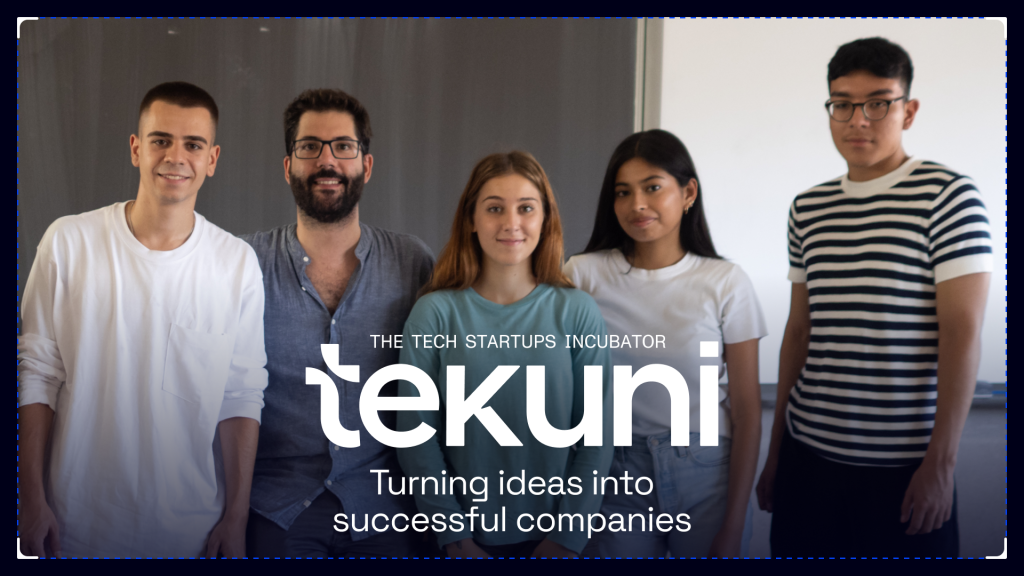
Supporting the ESG Transition for Companies
To help businesses adapt to and capitalize on ESG trends, UniCredit launched three programs:
- ESG Journey – a national series of events on sustainability and ESG reporting;
- ESG Journey+ – in-depth workshops on transforming ESG compliance into competitive advantage.
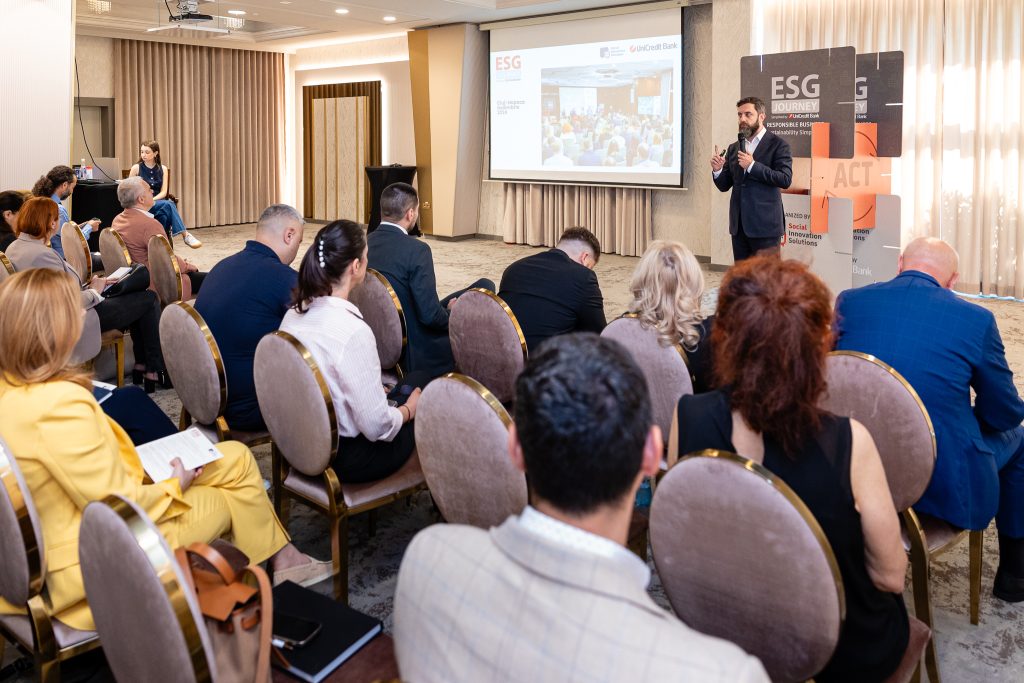
With these two programs, we will reach 7 cities by the end of this year and we will meet with over 500 companies and discuss the risks and opportunities that the sustainable transition brings.
- ESG Lab – a local program dedicated to companies that expect to be impacted by the green transition. In 2024, the first edition took place, in which 23 companies took the first steps to create not only a transition plan, but also value, focusing on the opportunities resulting from integrating sustainability into their strategies. In 2025, we will increase the complexity and applicability of the program and aim to work with 25 corporate clients.
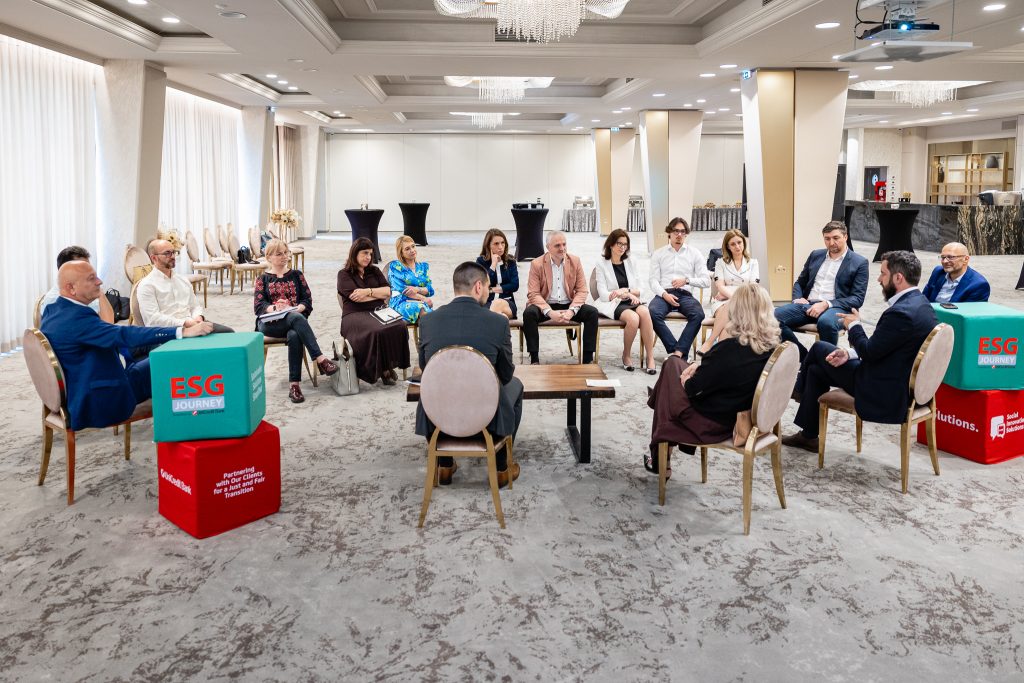
A Sustainable Vision for Romania’s Future
Through these diverse initiatives, UniCredit Bank S.A. is not only financing business and economic growth, but also shaping the next generation of socially-conscious leaders and innovators. By bridging the gap between education, entrepreneurship, and sustainability, the bank reaffirms its commitment to building a more inclusive, competitive, and future-ready Romania.
How Entrepreneurship is Changing the World
Entrepreneurship is about changing the world
If you’re an entrepreneur, you seek change. All entrepreneurs set out to solve a problem, that is their purpose.
They create jobs, drive innovation, they empower their employees to develop their skills and abilities. They bring new ideas, products and employ other people to create a healthy standard of living. Given the right environment, an entrepreneur can blossom into a key member of society and improve the lives of others and possibly inspire them to create their own business.
Many brands and big companies give back to the communities in which they thrive through corporate social responsibilities such as corporate philanthropy, community volunteering or socially-responsible business practices.
Observation + solution + vision
The entrepreneur is observing a real need or problem, creating the solution to solve this problem and imagining a changed world for the better.
He or she is born with or develop a special set of skills and abilities: perseverance and passion for long-term goals, courage, risk taking, shaping the future while encouraging diversity.
The entrepreneur’s passion is the engine pushing him through challenges, setbacks and struggles to achieve his purpose and to change the world according to his vision.
Here are 8 examples of entrepreneurs who brought change and shaped the world according to their vision.
Electric Light for Everyone
Thomas Edison is one of the most prominent entrepreneurs of his time.

Thomas Edison / medium.com
He was a prolific inventor holding 1093 US patents in his name, as well as patents in other countries. He invented the electric light bulb and founded the Edison Electric Light Company which later became General Electric Company (GE).
We will make electricity so cheap that only the rich will burn candles.
Thomas Edison
Fordism – The revolution of the American worker
Henry Ford developed and manufactured the first automobile for the middle-class American.

Henry Ford / thehenryford.org
His Model T had a profound impact on the 20th century landscape. To draw attention to his new affordable automobile, Ford turned to publicity and managed to ensure every newspaper in Detroit carried stories and ads about Model T. Ford’s network of local dealers made the car ubiquitous in almost every city in North America.
His posterity invented a word for his business model – Fordism. Fordism is the mass production of inexpensive goods coupled with high wages for workers. He was the first to raise his workers’ wages to $5 and introduced the five-day workweek.
It is high time to rid ourselves of the notion that leisure for workmen is either ‘lost time’ or a class privilege.
Henry Ford
The mobile phone
While working at Motorola in the 1970s, Martin Cooper invented the first handheld cellular mobile phone and led the 10-year process of bringing it to market. His vision for his new mobile phone was
“a personal telephone – something that would represent an individual so you could assign a number; not to a place, not to a desk, not to a home, but to a person.”

Martin Cooper/cnn.com
When asked about his inspiration for the mobile phone, Cooper said it was Dick Tracy’s wrist radio. He left Motorola in 1983 and co-founded Cellular Business Systems, Inc. (CBSI), which came to dominate the cellular billing industry with 75 percent market share. In 1986, Cooper sold CBSI to Cincinnati Bell (now Convergys) for $23 million.
Empowering Women through Self-employment
McConnell, the founder of Avon, didn’t set out to create a beauty company.
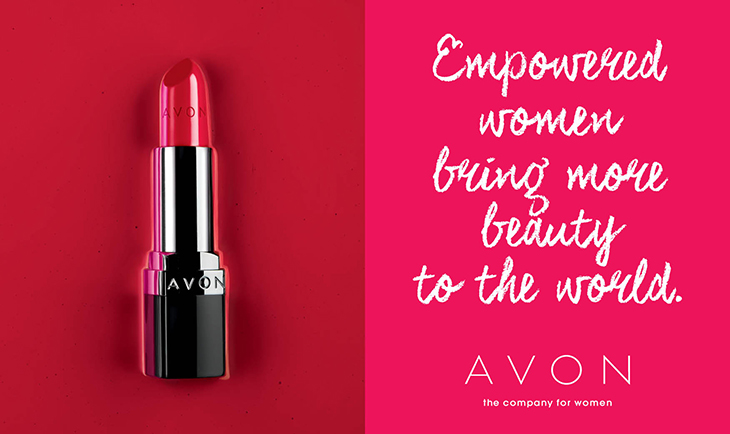
avoncompany.com
He was a travelling book salesperson, and offered beauty products as a benefit. He soon realised his customers, mostly women were more interested in the free perfume samples than the books, and that many of them stayed at home while their husbands went off to work.
McConnell saw a business opportunity. He mixed the company’s first fragrances himself, recruited a team of women to be Sales Representatives and debuted a new business model. His idea was successful: women loved his products, loved networking with other women and even more so, they loved the extra income they were earning.
This was just the start of Avon’s 130 history of empowering women around the globe. Being an Avon Representative helped women control their finances, and ultimately, their destinies. Seeing that the latest statistics show women dominate in direct selling, these values are very much alive and true today.
The Digital Revolution – The World Wide Web
In 1980, Tim Berners-Lee was working as an independent contractor at CERN.

Tim Berners-Lee / cnet.com
At the time, CERN was the largest internet node in Europe. To facilitate sharing and updating information among researchers, Berners-Lee proposed a project based on the concept of hypertext. With the help of other fellow researcher, he built a prototype system named Enquire. He used similar ideas to those underlying the Enquire system to create the World Wide Web, for which he designed and built the first web browser and editor (called WorldWideWeb and developed on NeXTSTEP) and the first Web server called httpd (short for HyperText Transfer Protocol daemon).
In 2004, he was knighted by Queen Elizabeth for his “services to the global development of the Internet”.
I just had to take the hypertext idea and connect it to the TCP and DNS ideas and — ta-da! — the World Wide Web.
Sir Tim Berners-Lee
The Democratisation of Information
There were other search engines helping people find information on the internet, but Google managed to outperform them and transform the world.

The verb to google was added to the Oxford English Dictionary and the business environment is fighting an ongoing battle for ranking on page one.
The giant company has gone far beyond its core service of returning results to individual queries, developing 23 additional services and products ranging from work and productivity to language translation, mapping and navigation, cloud storage and virtual assistants.
We are not really interested in search. We are making an Artificial Intelligence.
Larry Page
Artificial Intelligence
AI is the simulation of human intelligence processes by machines, especially computer systems. These processes include learning (the acquisition of information and rules for using the information), reasoning (using rules to reach approximate or definite conclusions) and self-correction. Particular applications of AI include expert systems, speech recognition and machine vision.
AI is influencing various industries for the better such as healthcare, finance, business, education, law, manufacturing.
Google is one of the companies using AI through Google Brain and Google DeepMind. Google’s vision is ‘to conduct research that advances the state-of-the-art in the field, applying AI to products and to new domains, and developing tools to ensure that everyone can access AI.’
Here are a few examples of how Google is using AI: forecasting earthquake aftershock locations, predicting cardiovascular risk factors, identifying exoplanets and so on.
Sustainable and Clean energy
If Henry Ford revolutionized the American society, Tesla is changing not one society, but the world.
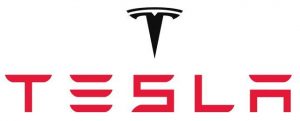
image source: owler.com
Tesla’s vision is to accelerate the world’s transition to sustainable energy with electric cars, solar panels and integrated renewable energy solutions for homes, businesses and utilities.
Tesla was founded in 2003 by a group of engineers who wanted to prove that people didn’t need to compromise to drive electric – that electric vehicles can be better, quicker and more fun to drive than gasoline cars. Today, Tesla builds not only all-electric vehicles but also infinitely scalable clean energy generation and storage products. Tesla believes the faster the world stops relying on fossil fuels and moves towards a zero-emission future, the better.
Sources: searchenginehistory.com, ai.google.com, searchenterpriseai.techtarget.com
What Entrepreneurship is NOT
If you want to become an entrepreneur, you have a lot of digital tools at your disposal to make your ideas happen and blossom. The Internet is readily available to search for information and data. Social media platforms make it easier to contact and start a relationship with a mentor, supplier or investor. Because of Facebook, some say the old six degrees of separation has shrunk to four.
Entrepreneurship has become a word on everyone’s lips and is often portrayed as a fairy tale.
We want to set the record straight and paint a more down-to-earth picture.
WHAT ENTREPRENEURSHIP IS NOT
1. Entrepreneurship is not buying and selling
Buying and selling is not entrepreneurship, it is trade.
Buying products from suppliers and selling them to customers for profit doesn’t make you an entrepreneur, it makes you a merchant. Although trade is part of entrepreneurship, it is just one small part.
Entrepreneurship involves a lot of soft skills: grit, looking around corners, a strong ability to lead and inspire, self-awareness, creativity, team management, reframing, negotiating skills, risk-taking, and empathy.
Nassim Taleb is speaking at BRAND MINDS 2023. GET YOUR TICKETS TODAY!
2. Entrepreneurship is not a job or a career
In one of his blog articles, Seth Godin dwells on entrepreneurship not being a job you can apply to. At the end of the month, you are not receiving a salary paid by your employer. You don’t work a 9-to-5 schedule. You are not entitled to 20 days of vacation a year.
Entrepreneurship is a chance to trade a solution to someone who has a problem that needs solving. Solve more problems, solve bigger problems, solve problems more widely and you’re an entrepreneur. It’s tempting to industrialize this work, to make it something with rules and bosses and processes. But that’s not the heart of it. The work is to solve problems in a way that you’re proud of.
Seth Godin
3. Entrepreneurship is not sipping cocktails on a beach
You may see glamorous pictures on your Instagram feed of entrepreneurs sipping cocktails on exotic beaches, but don’t be fooled – it’s probably just a break of thirty minutes to an hour.
Even if they travel to luxurious places, the entrepreneur works most of the time. Although it may seem this way, the entrepreneurial life is far from comfortable or glamorous.
It’s physically and mentally demanding.
It challenges your personal and family life.
You are constantly pushing yourself to learn and develop new skills and abilities.
Every work day, you find yourself performing a balancing act.
It’s stressful when you are going against a deadline.
It’s the pressure when you have to outperform your competitors.
4. Entrepreneurship is not about the money
If you begin your entrepreneurship journey with money as a purpose, you are not an entrepreneur and are completely wrong.
Mark Krieger and Kevin Systrom created Instagram because they believed people can tell stories through photographs.
Jan Koum started WhatsApp after he got annoyed that he was missing calls when he went to the gym.
Spotify is still not making a profit but it’s a successful app because it changed how people listened to music.
These entrepreneurs did not set out to make money. They found a solution to a problem.
If you want to make money you should work towards becoming a lawyer or other high-paid professional.
Because as an entrepreneur, money is not a guaranteed outcome.
From my very first day as an entrepreneur, I’ve felt the only mission worth pursuing in business is to make people’s lives better.
Richard Branson
If you are an entrepreneur or looking to become one, BRAND MINDS 2023 is for you!
Join the event and learn how to succeed as an entrepreneur from James Clear, Nassim Taleb, Renee Mauborgne, Neil Patel, Lynda Gratton, Blair Singer, Anne-Marie Imafidon and Duncan Wardle.
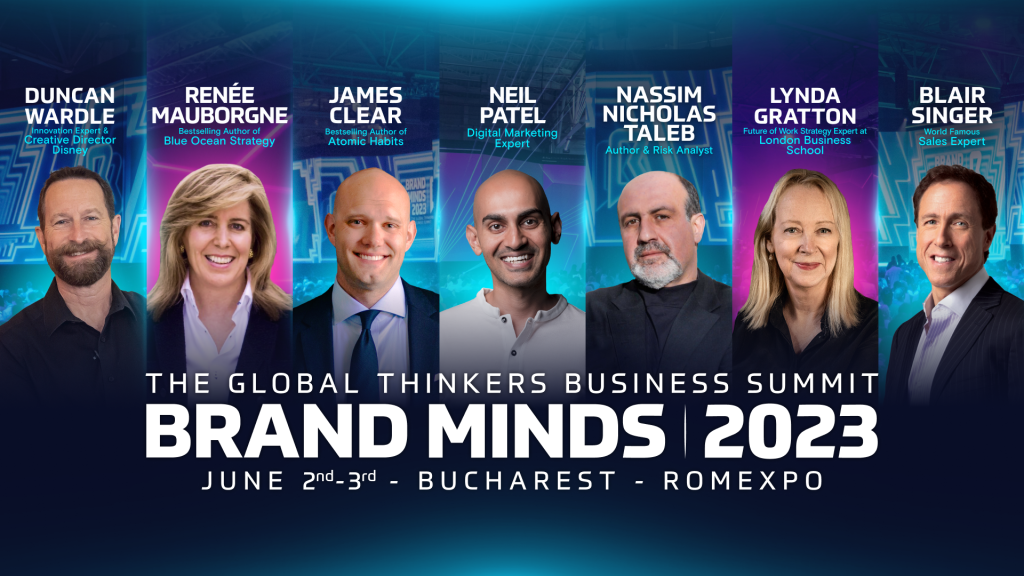
Smart Entrepreneurship – Stop Losing Money with These 3 Project Management Tools
Are your projects losing money?
Your company runs projects for tier one companies, your team members are all qualified and talented. Yet you are losing money.
If you are a project manager or entrepreneur, you know that a successful project means finding the perfect balance when allocating resources: employers, time, expenses, tools.
Here are 3 project managements tools to help you control your projects’ resources:
1. HARVEST
Benefits of using HARVEST:
- Control your project’s profitability
Ensure your team’s doing enough billable work to pay the bills by keeping track of billable hours and expenses.
See how close you are to your budget.
See how much time you’ve tracked to a project.
- Employee accountability
Find out who deserves a pat on the back and who needs a wakeup call.
- Avoid employee burnout
See who is overworked. Move projects around or hire someone new to avoid employee burnout.
- Compare capacity to actual tracked time
Find who might not be working enough.
- Make decisions easily
Harvest tool help you make decisions easily by turning timesheet data into intuitive visual reports.
- All in one place
See hours, budgets, billable amounts, costs, and uninvoiced totals all in one place.
- A growing project?
Break down all your data by person or task to get a better understanding of the project.
- Integration with invoicing
Pull the billable time and expenses you’ve tracked into invoices and send them by email.
- Forecasting
Estimate how long a project is going to take and who’s going to work on it.
Figure out when your team can take on new work and who’s available to do it.
See how much longer a project is scheduled to take and if it will go over budget.
Get enough advance warning so you can readjust or reach out to your client.
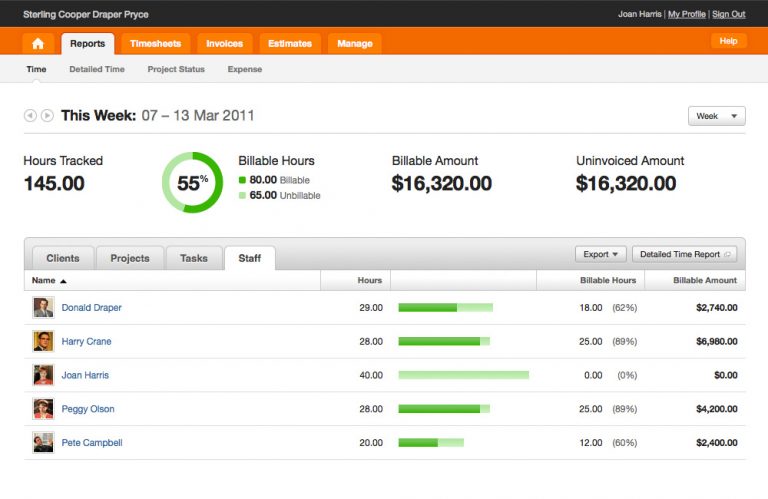
2. TOGGL
 image source: toggl.com
image source: toggl.com
Benefits of using TOGGL:
- Productivity boost
Super simple time tracking.
Flexible and powerful reporting – there are tons of ways for breaking down your data and getting the info to you.
Works everywhere – you can use TOGGL on all your devices.
The TOGGL button browser extension lets you track your time in 80+ online tools.
Get the big picture of where your hours are going, tweak your work and get more time for life.
- Time allocation
Get a handle of your time allocation for different customers and projects.
- Stop micromanaging
Focus on the important things instead of micromanaging.
- Profitability analysis
Analyze the profitability of the projects you do for your clients and for tracking your internal ROI.
- Easier client negotiations
Show the data to your clients to make negotiations a lot easier.
- Browser extension
TOGGL has extensions for Chrome and Firefox.
- Take TOGGL with you
You can manage your project from your smartphone by downloading the Android or iPhone app.
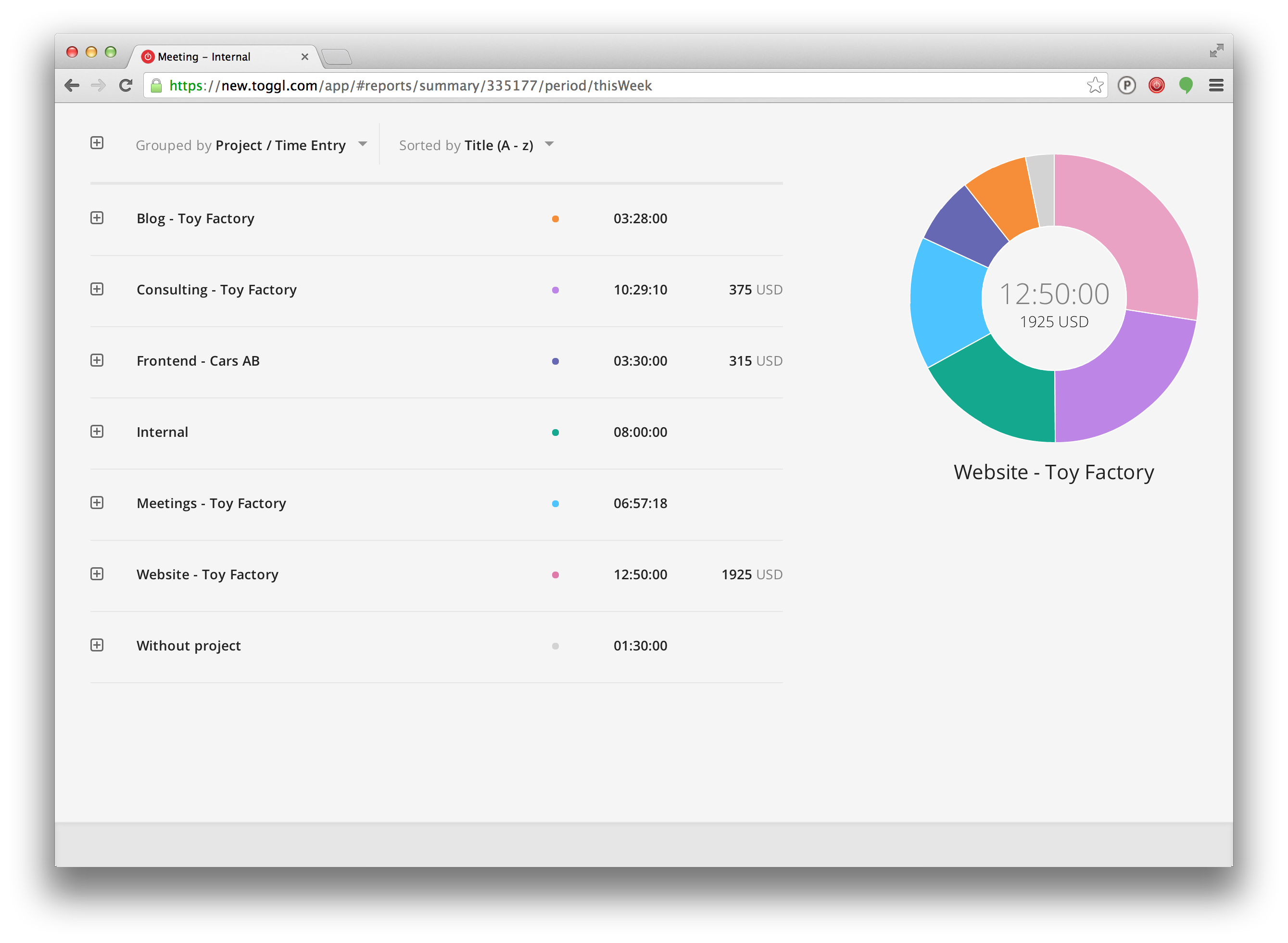 image source: toggl.com
image source: toggl.com
3. ASANA
 image source: design.google
image source: design.google
Benefits of using ASANA:
- Flexibility
Set up projects using Lists, Boards, Calendar, and Timeline. Share details, set deadlines, delegate tasks—and get work done.
- Follow projects and tasks through every stage
You know where work stands and can keep everyone aligned on the team’s objectives.
- Visually organised data
Create visual project plans to see how every step maps out over time.
Pinpoint risks and eliminate roadblocks even when plans change.
- Work over various platforms
Bring emails, files, tickets, and more into Asana with over 100 integrations to choose from, so you can see everything in one place: Zapier, Slack, SalesForce, DropBox, Trello etc
- Timing
Nail your timing by viewing work on a calendar. Easily spot holes and overlaps in your schedule and quickly make adjustments.
- Tracking important info
Use custom fields to track the info that’s most important to your team or company, so it stays front and center.
- Private space
Do you have sensitive projects? With ASANA you can make teams and projects private to create a safe space for sensitive work.
 image source: asana.com
image source: asana.com
20 Must Read Books For Entrepreneurs in 2018 – Part II
11. The Lean Startup: How Today’s Entrepreneurs Use Continuous Innovation to Create Radically Successful Businesses by Eric Ries
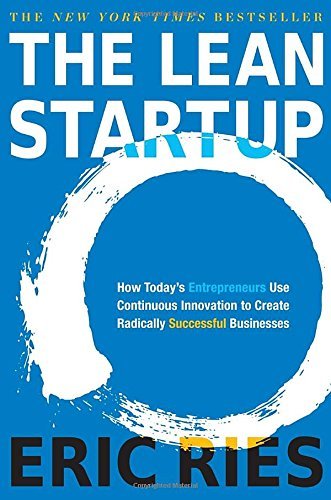
Most startups fail. But many of those failures are preventable. The Lean Startup is a new approach being adopted across the globe, changing the way companies are built and new products are launched. Eric Ries defines a startup as an organization dedicated to creating something new under conditions of extreme uncertainty. This is just as true for one person in a garage or a group of seasoned professionals in a Fortune 500 boardroom. What they have in common is a mission to penetrate that fog of uncertainty to discover a successful path to a sustainable business.
12. Start Your Own Business, Sixth Edition: The Only Startup Book You’ll Ever Need by The Staff of Entrepreneur Media
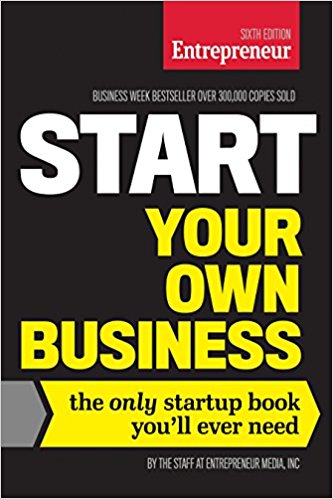
Tapping into more than 33 years of small business expertise, the staff at Entrepreneur Media takes today’s entrepreneurs beyond opening their doors and through the first three years of ownership. This revised edition features amended chapters on choosing a business, adding partners, getting funded, and managing the business structure and employees, and also includes help understanding the latest tax and healthcare reform information and legalities.
13. The Purpose Is Profit: The Truth about Starting and Building Your Own Business by Ed ”Skip” McLaughlin
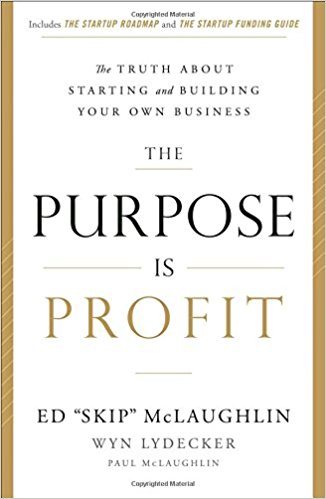
The book eliminates the mystery of becoming an entrepreneur. You will learn: why distinctive competence trumps passion,where and when to get funding without losing control, how to build an entrepreneurial brand that lasts, why profit should be factored into every business decision, how ethical behavior breeds trust and unlocks profit. As a bonus, The Purpose Is Profit includes two manuals: The Startup Roadmap details the 21 steps you should take to build a profitable business. The Startup Funding Guide delivers the tools you need to fund your business.
14. $100 Startup by Chris Guillebeau
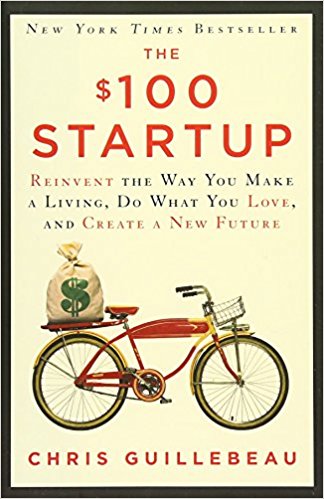
In preparing to write this book, Chris identified 1,500 individuals who have built businesses earning $50,000 or more from a modest investment (in many cases, $100 or less), and from that group he’s chosen to focus on the 50 most intriguing case studies. In nearly all cases, people with no special skills discovered aspects of their personal passions that could be monetized, and were able to restructure their lives in ways that gave them greater freedom and fulfillment.
In the book he wrote are the most valuable lessons from those who’ve learned how to turn what they do into a gateway to self-fulfillment. It’s all about finding the intersection between your “expertise” – even if you don’t consider it such — and what other people will pay for.
15. Zero to One by Peter Thiel
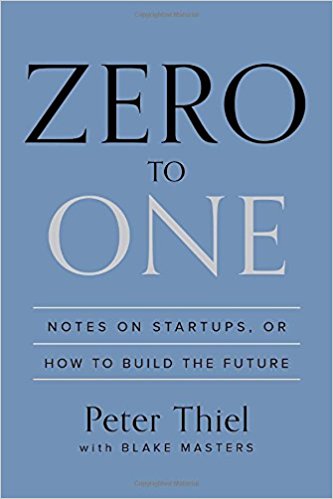
The book presents at once an optimistic view of the future of progress in America and a new way of thinking about innovation: it starts by learning to ask the questions that lead you to find value in unexpected places. Thiel begins with the contrarian premise that we live in an age of technological stagnation, even if we’re too distracted by shiny mobile devices to notice. Information technology has improved rapidly, but there is no reason why progress should be limited to computers or Silicon Valley. Progress can be achieved in any industry or area of business. It comes from the most important skill that every leader must master: learning to think for yourself.
16. The Founder’s Dilemmas by Noam Wasserman
17. Tools of Titans by Tim Ferriss
The latest groundbreaking tome from Tim Ferriss, the #1 New York Times best-selling author of The 4-Hour Workweek.
18. Crushing It: How Great Entrepreneurs Build Their Business and Influence-and How You Can, Too by Gary Vaynerchuk
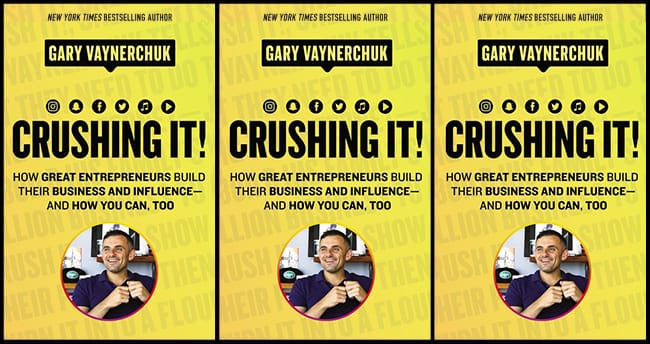
This new book chronicles brand new lessons, strategies, tactics, advice and inspiration pulled straight from both his own amplified business experience and that of dozens of other influencers and entrepreneurs from around the world. Vaynerchuk offers fresh tactical advice on how to become a household brand on social channels like Twitter, Facebook, YouTube, Instagram, and Snapchat; podcast platforms like Spotify, Soundcloud, iHeartRadio, and iTunes; and other emerging platforms like Musical.ly.
If you’re looking to build a brand that can grow your business, this is a must-read business book for the year. And though it’s a guide to building your own path to professional and financial success, remember that it’s not about getting rich. It’s about living life on your own terms, wrote ryrob.com.
19. The Startup Hero’s Pledge by Tim Draper
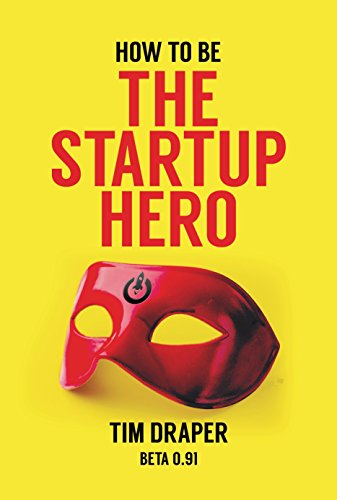
Startup Heroes are the ones that drive progress, and whether you bring us to another planet or make your neighborhood a nicer, happier place, you can become a Startup Hero. This book is the first step. It helps you take that first step. The step will be different for everyone. It might be to call that customer. It might be to draw up a design concept. It might be to talk to your boss. With this book, I hope to guide people to think big, drive change and go full speed ahead. I am giving them a pledge to do their work for good, and I am giving them some of the tools they need to accomplish their goals. – Tim Draper
20. Rework by Jason Fried
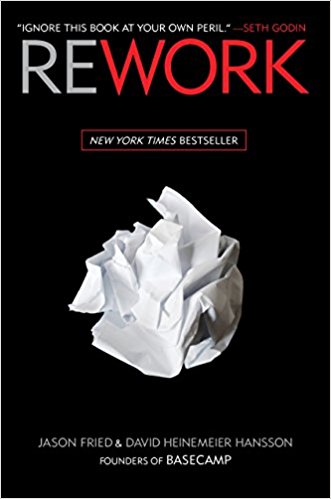
Most business books give you the same old advice: Write a business plan, study the competition, seek investors, etc. If you’re looking for a book like that, put this one back on the shelf. Read it and you’ll know why plans are actually harmful, why you don’t need outside investors, and why you’re better off ignoring the competition. The truth is, you need less than you think. You don’t need to be a workaholic. You don’t need to staff up. You don’t need to waste time on paperwork or meetings. You don’t even need an office. Those are all just excuses.
The Role Accelerators Play For An Entrepreneurial Business
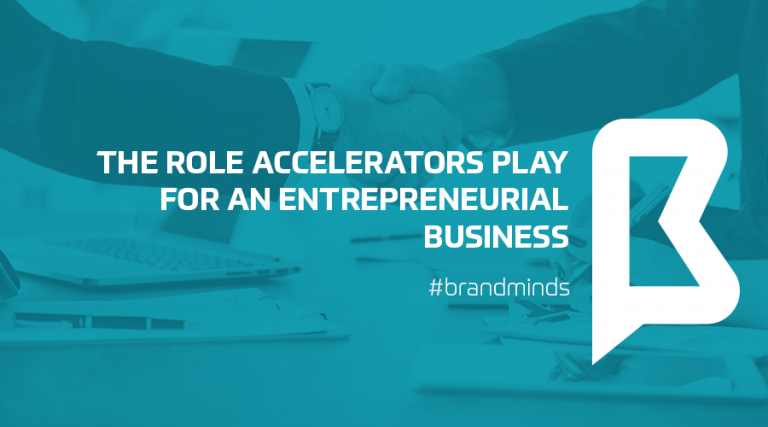
Nine out of ten startups fail. A statistic that sounds cruel and harsh, but that puts us with our feet on the ground. When one starts a business it does it with passion and hard work, investing all his/hers precious time and energy,with the hope to make it big or just simply make his /her dream come true or being on their own and share with the rest of the people a little bit of what makes them happy.
After deciding to take the leap and starting something of your own, one hardly thinks about giving up or about failure. Still, Gerard Adams from entrepreneur.com, points out that it’s almost impossible for people to create monumental success by themselves. “When we run blindly into business, thinking we can do everything on our own, without consulting with someone who’s been there before — it truly is a recipe for disaster. We’ve all been over-confident before, but the success of any empire is contingent upon the willingness to learn from the mistakes and achievements of others. It’s simply a fact that if you want to make a mark, it’s important to review the marks that have been made,” said Adams.
At this point in time mentorships, workshops and other business helpers are extremely important. An entrepreneur needs to learn from other people’s successes, but also from failures. And that, first hand, face-to-face. To be able to ask questions directly, as to the point as possible. “Startup accelerators and mentorship programs have grown in popularity as we’ve seen the huge upsurge of online entrepreneurship as well as the growth of service-based businesses and entrepreneurial ventures in general. In a 2013 survey by MicroMentor [a private business mentorship organization] mentored businesses increased their revenue by 83 percent. Those without mentorship only increased their revenue by 16 percent. This was over the course of a year,” explained further more Gerard Adams.
Accelerators are designed to prevent startups’ premature deaths. According to smallbiztrends.com, over the course of the last decade, the number of accelerators operating across the globe has skyrocketed. According to AngelList, a digital platform that helps to pair promising young startups with investors, there was only one American accelerator in operation in 2005. Today, there are 578, writes Scott Shane, professor of entrepreneurial studies at Case Western Reserve University and a regular contributor at Small Business Trends.
Accelerators are organizations that offer a range of support services and funding opportunities for startups. They tend to work by enrolling startups in months-long programs that offer mentorship, office space and supply chain resources. More importantly, business accelerator programs offer access to capital and investment in return for startup equity. “Startups essentially ‘graduate’ from their accelerator program after three or four months — which means that development projects are time-sensitive and very intensive. The primary reason accelerators have exploded in popularity is because they are designed to provide the best of both worlds for both startups as well as investors,” added smallbiztrends.com.
Susan Cohen of the University of Richmond and Yael Hochberg of Rice University highlight the four distinct factors that make accelerators unique: they are fixed-term, cohort-based, and mentorship-driven, and they culminate in a graduation or “demo day.” None of the other previously mentioned early-stage institutions — incubators, angel investors, or seed-stage venture capitalists — have these collective elements. Accelerators may share with these others the goal of cultivating early-stage startups, but it is clear that they are different, with distinctly different business models and incentive structures.
“I was able to identify 172 U.S.-based accelerators in existence during the 2005–2015 period. Collectively, they invested in more than 5,000 U.S. startups. During this period, these companies have raised a total of $19.5 billion in funding, a number that will surely increase as accelerator programs continue to turn out companies and recent graduates work their way to maturity. Accelerator graduates that went on to raise additional venture capital investment had a median valuation of $15.6 million during this period, and an average valuation of $90 million. Some very well-known companies belong to this group, including “unicorns” AirBnB, Dropbox, and Stripe, among others,” wrote Ian Hathaway for hbr.org.
What Does It Take To Have Entrepreneurship In Your Blood
Is the entrepreneurial spirit something that you inherit or something you gain? Is it something that anyone can have or grow, or is it just for certain people? Can anyone become a successful entrepreneur or not? Those are a series of question that have been on many people’s mouths and minds during the years. Especially when confronted with the idea of starting a small business of their own.
A number of researchers, including Tim Spector and Lynn Cherkas of the Department of Twin Research and Genetic Epidemiology at Kings College, London, alongside Scott Shane, professor of entrepreneurial studies at Case Western Reserve University, studied the behavioral and molecular genetics of entrepreneurship by looking at a general pool of people, as well as identical and fraternal twins. They tested the number of businesses a person had started, the length of time someone was self-employed, and other factors such as the desire to run a business. According to inc.com, the findings included the following:
- 37 to 48 percent of the tendency to be an entrepreneur is genetic.
- The tendency to identify new business opportunities is in your genes.
- Self-employment income is heritable, which means that genetics affect not only the tendency to engage in entrepreneurship but also the ability to perform it.
- The tendency to have personality traits such as extroversion, openness, etc., has a genetic component. This suggests that your genes could affect your tendency to be an entrepreneur by influencing the type of personality you develop.
Another study, carried out by researchers from the UK universities of Birmingham and Reading on 17,000 children born in 1970, checking in with them again almost four decades later as they turned 38, found that the youngest children of parents who were not themselves self-employed were almost 50 per cent more likely to become entrepreneurs.

But when a family already had a business, things changed dramatically, the research showed. Last-borns were no more likely to be self-employed than their siblings. They were, in fact, 18% less likely to follow their parents into business – instead it was the first and middle children who had the highest propensity, at 151% and 118% respectively. Moreover, younger siblings were more “exploratory, unconventional and tolerant of risk”.
“Let’s face it – some people were born entrepreneurs stopping at nothing to pursue their passion to innovate and build extraordinary businesses.Failure is just another step in the process to success. Whether big fish – small pond or big fish – big pond – BIG is their goal,” said Randall Taussig.
Now, leaving aside all the researches and contemplation on the subject, if you really want to know if you are cut out to be an entrepreneur, I think you should take Gary Vaynerchuk’s advice:
If you want to know whether you’ve got that entrepreneurial spirit in your blood, here is what you do: You cut out watching your favorite sitcoms at night, you cut out playing more GTA5, you cut out going out for beers, you cut out being on the softball team, you pick a dream, and you attack it.
And if you prefer all that downtime over the upside of building your own business? I honestly think that’s great! That’s totally fine, but you’re not allowed to complain about how much you hate your job, just like I am not allowed to complain about my lack of free time or sleep.
Meet Smiljan Mori | Behind the Suit
Smiljan Mori is a businessman, author, coach, and consultant to top performers from all walks of life. His business successes are legendary, including the founding and building of one the largest and most successful insurance brokerage company in Central Eastern Europe: the Mori Agency.
He is also the creator of Top Success Club, the leading e-learning platform with more than 1000 hours of quality e-courses and lectures by more than 50 world-renowned experts.
His speaking credentials include an ongoing count of more than 300,000 attendees to presentations in more than 50 countries. He has more than 20 years of experience in direct sales. He trained thousands of people in the direct sales industry, network market industry, insurance industry and bank industry.
MEET THE FOUNDER OF THE MORI AGENCY
1. How you came up with the business idea for The Mori Agency? Tell us the first three things you’ve done to turn it into facts.
How did I get the idea to start a company? It was actually very simple. One day my friend “accidentally” invited me to a seminar. If I had known that the seminar was going to be about insurances, I probably would not go, since I had no intention of ever working in the industry.
Then, I was working as a criminal police officer at the Ministry of the Interior and as an apprentice at the Supreme Court in Ljubljana. For that reason, sales and especially sales of financial products were everything but my dream job.
Things changed at that seminar because I felt that it could become my mission. It might sound strange and funny, but the main reason was that I didn’t like getting up very early in the morning and knowing that working in the general government sector would involve working from 7 a.m. to 5 p.m. for the rest of my life, it did not go hand in hand with my dream job definition.
I wanted a career, I wanted freedom and that is how I decided to start an insurance agency without a penny in my pocket. My mother lend me money for gas when I started going to the first seminars.
Now, after 20 years, I can honestly say that I have made the best decision possible.
Also, when I started selling my fist insurance and financial products, I realized that I am really good at motivating people and training them for sales. Therefore I started with motivational and sales seminars, which later grew into business coaching.
Throughout my career I have written almost 10 books, coached many well-known people, including Olympic winners, professional athletes, top business people and managers.
2. Name one situation that made you want to quit.
When I started with organizing my seminars, writing books and sales coaching, and even though things had not gone as planned, I have to say that I never thought about giving up.
Of course I was disappointed because I did not earn as much as I had expected. Also, there have been more expenses than I thought and if I had known what it would be like, I wouldn’t probably start in the first place.
Nevertheless, I never thought about quitting. When I set a goal, I stick to it until I reach it.
It was probably helpful that I did not receive any support from my father who threw me out of our house when he found out about my decision to quit working in the general government sector and opted for insurances and coaching. Those circumstances motivated me even more.
3. Name one situation that made you want to go forward.
When I started selling financial and insurance products, people had problems deciding on buying the products or not. But when they ended up extremely satisfied after we closed the deal, it motivated me to go on.
Also, when I first started my seminars, there were people who told me that nobody will come. My first seminar was visited by over 280 people which gave me a real boost. By now, I have had more than 300,000 people coming to my seminars.
4. What do you think are the most difficult challenges entrepreneurs have to face in the Slovenian market nowadays?
When people strive to reach their goals, ideas or visions, they often find themselves in a non-supportive environment.
Slovenia, in my opinion, is a country where entrepreneurs wanting to start a company find themselves challenged by long bureaucratic procedures, the market is limited and small, since there is only 2 million inhabitants.
Also, when they try working outside the borders, it isn’t simple to get started either, because many internet providers do not consider Slovenia a serious contender.
However, the biggest challenge for entrepreneurs and companies is not their environment. It is the way they think, what they believe in, their lack of courage and self-confidence, perseverance and will.
When I ask businessmen in my seminars to enumerate what they need to succeed, these are the key points they make. Rarely, they start with points such as good marketing, well-regulated legal system, good products, etc. They talk about courage, will, perseverance, ideas and inspiration.
5. Investment matters. If you would invest in something else but your actual business. What would that be?
I would invest in technologies, especially online technologies. During the last year I invested a lot in social media.
I have over 380,000 followers on my personal Instagram profile and also on Facebook Fan Page. On Instagram we own a network with over 2.5 million followers.
In a way I also invest into things that do not bring money straight away but help me create my personal brand in the long run.
6. If you could change something about Slovenian’s Entrepreneurs Community to improve it in any way what would that be?
If I had that option, I would definitely make it possible for entrepreneurs to open new companies with less paperwork. Also something must be done about payment discipline, which is still on a very low level in Slovenia.
7. What is The Mori Agency bringing to the art market, that is different compared its competitors?
Every businessmen needs to strive to be as unique, innovative and different as possible in the market. They also need to stay authentic in order to become as influential as possible. When we talk about the Mori Agency, which specializes in selling financial products, we can definitely say that we are unique in our recruitment system.
Our onboarding system of new agents is extremely different from others in the industry. Financial and insurance industry is quite rigid, therefore we have implemented many trainings that include personal growth, motivation, inspiration, setting goals and activities, happiness, and other “soft touch” skills that help agents become more productive.
Also, my training seminars show our uniqueness, where I dedicate 80% of the time to mindset and 20% to acquiring skills. I do the same when I talk to entrepreneurs and focus on the way they think, their rituals, habits and on increasing productivity.
MEET THE MAN #BEHINDTHESUIT
1. Name one good habit that helps you deal with your active life.
Exercise. 19 years ago, when I started with insurance business, I was out of breath after reaching 2nd floor of our building. There and in that moment I decided that I will never be out of shape again. Even when I’ll turn 50 I will be in a better shape than I was back then. I feel good about my body, I have a lot of energy and I exercise 6 times a week.
2. Name one bad habit you can’t quit.
This is a very good question. The answer is coffee. I did not drink coffee for many years. Once I started, I drank too much coffee every day. It was my favorite habit. Only a few days ago I decided to stop. I don’t need coffee for more energy. Wish me luck.
3. If you could be anything else but an entrepreneur what would you be?
I would be a professor. Actually, I would be a professor of positive psychology or neuroscience. I have certificates in both subjects and I use my knowledge in everyday life and business.
4. You are the founder at The Mori Agency, what is the favourite movie of the man who founded it?
I have to admit that I don’t watch movies. I don’t want to insult anyone, but for me, movies are a waste of time. I read a lot.
I read a lot of books every year, that’s why it will be very hard to answer question number 5. I actually like documentaries about successful people like Gandhi. They inspire me.
5. Tell us your favourite book. What’s the best thing you learned from it?
I probably read more than 10 000 books so it’s hard to pick one. One book that totally turned my life around was Feel the Fear and Do It Anyway by Susan Jeffers. It made me realize that people with the most difficult stories can become highly successful.
I have to mention Joseph Murphy’s The Power of your Subconscious Mind because it thought me that our life depends on the way we think and our mindset. As an entrepreneur, I learned a lot from The E-Myth Revisited by Michael Gerber.
6. Name the most important value that you believe in.
Honesty. In personal and professional life. We need to be honest with our partners, clients and employees. I like facts. People need to know that we are honest and fair. This is one of the reasons why I’m successful.
7. If you could compare your journey as an entrepreneur with a song what song would you choose?
We are the champions by Queen. I believe that we are all champions. Some people just need to find a champion within themselves. This song really helps me go through difficult times.
8. Tell us the best experience you had while working to build The Mori Agency.
This question is quite complicated. I would say that the best experiences were those that made me stronger and even more determined. Normally, they come when we fail at something. From these situations, we are able to learn the most and…
…I believe that rejections, failures, and defeats made me stronger and more experienced. Therefore, these are the experiences that I am most grateful for.
9. If you would give our readers one piece of advice from your entrepreneurial experience, what would that advice be?
I could give you lots of advice but I will focus on something very important. Many entrepreneurs say that their company is their family. I was one of them but in the last year, I learned this:
My business is not my family. My family is my business. What does this mean? Never forget about your family, your personal life and your free time. You own your business! Your business should not own you! Your family needs you and you should never forget that.
Meet the founder of Antal Risk Ventures | Behind the Suit
He set up his own business and named the company Antal – Hungarian for ‘Anthony’, in 1993. Since then, Tony and his team have developed substantial businesses in some of the most challenging emerging markets across the globe, such as Russia, India and China. All that, through a mix of wholly-owned operations, franchises and joint ventures.
MEET THE FOUNDER & CEO OF ANTAL RISK VENTURES
1. How you came up with the business idea for Antal Risk Ventures?
I came up with the idea for Antal International in 1992 when I was reading the Financial Times and general business press and saw how much investment (and general interest) was going into the newly opened Central & Eastern Europe markets by the likes of Microsoft, Compaq Computers, Hewlett Packard, Procter & Gamble, GE Electric, Unilever, Mars etc. There were Western government sponsored programs (PHARE) ploughing $billions into the region to ensure that it didn’t revert back to the old communist style regimes.
2. Tell us the first three things you’ve done to turn the idea into facts.
1. I started looking/ advertising/ networking and searching for people who had western qualifications that could speak hungarian, czech, polish and russian;
2. I hired my own consultants with those languages skills from all my research;
3. I started travelling to Warsaw, Prague, Budapest and Moscow in 1993/94, to check out how easy or not it was to do business there. This was an amazing time and I realised that the whole of CEE was undergoing a once in a lifetime transformation. I was so excited to be part of what was happening.
3. Name one situation that made you want to quit.
I wanted to quit in 2002/03 when we had a market crash in IT recruitment and we had to downsize from 22 offices to 12 and from 429 employees to 160. Fortunately we were also able to recruit into other disciplines too, but this was a really tough time. I had to remortgage my house and sell my Aston Martin car in order to support the business, and that was almost not enough. Very stressful indeed.
4. Name one situation that made you want to go forward.
I struggled on and continued partly because I had to keep going, I had no choice, really (like losing my food & supplies rowing across the Atlantic at the half-way point, no point in going back).
Also, I realised that we had created something unique and distinct that was worth persevering with. The Antal Brand had become firmly established as THE developing markets recruitment brand.
5. What do you think are the most difficult challenges entrepreneurs have to face on english market nowadays?
Uncertainty surrounding Brexit and, as always, hiring the right people for our profession. Hiring good talent is our profession and building teams is one of the hardest parts of the job, even today with over 1,000 staff in 35 countries and 140+ offices.
6. Investment matters. If you would invest in something else but your actual business, what would that be?
I have invested in many businesses outside of my main recruitment business, most of which have failed, so now I only invest in my business/industry or directly related to it.
If I could have my time over again, I would probably have invested more of my capital into property in prime or up and coming locations. This is easier to manage than service businesses.
That said, I still love the challenge posed by building and creating something from nothing in our industry.
7. If you could change something about UK’s Entrepreneurs Community to improve it in any way what would that be?
I believe that in the UK we have a brilliantly vibrant, flexible, open and positive environment to foster and nurture start-ups.
I think we may need to put more warnings about the ability to take on the inevitable challenges and have less of an expectation of success.
8. What is Antal Risk Ventures bringing to the market, that is different compared its competitors?
As a recruitment company (or business services) we are far more integrated than the rest of our competitors with the ability to “share information, knowledge and experience on behalf of our clients, candidates and colleagues” better than any other recruitment company in the world.
MEET THE MAN #BEHINDTHESUIT
1.Name one good habit that helps you deal with your active life.
I’ve always been a sports oriented and active person, going to the gym regularly, running four half marathons in the last three years and so on. Most recently I’ve gotten into cycling so I cycle to work most days (11 miles round trip) and go to my gym with my family to do Blaze exercise classes, which keeps me clear headed.
2. Name one bad habit you can’t quit.
Watching box sets late into the night which upsets my sleeping pattern; my all-time favourites are Sopranos, The Wire, Narcos, El Chapo, Game of Thrones: Ozark, The Affair, MindHunter and some others.
3. If you could be anything else but an entrepreneur what would you be?
I would love to have been a terrific professional sportsman in any field, but football and tennis would have been my top choices although I wasn’t particularly good at either. However, post that career, I am sure I’d have gone on to do something entrepreneurial afterwards, it’s just in my blood and my DNA.
4. You are the founder of Antal Risk Ventures, what is the favourite movie of the man who founded it?
There are so many good movies but pushed to choose, would be The Big Short, Inception or All the Money in the World.
5. Tell us your favourite book. What’s the best thing you learned from it?
I read so many autobiographies of famous entrepreneurs and businessmen 20 years ago that I realised no-one really knows what the true ingredients of success are and that they cannot be replicated time after time.
I loved Warren Buffet’s ‘Shoe Buckle Principle’ which is about the fact that if you are good at capturing one market, doesn’t mean you know everything about anything else.
6. Name the most important value that you believe in.
Integrity. Antal has done business in some of the most difficult countries & markets on the planet and have done so without offending any laws or regulations by doing things properly, legally and fairly. I consistently say that we don’t ‘do dodgy’ deals or aren’t things that are a straight-forward honest transactions. That hasn’t always been reciprocated by the people we have dealt with!
7. If you could compare your journey as an entrepreneur with a song what song would you choose?
Swedish House Mafia – ‘Don’t you worry Child‘ (Heaven’s got a plan for you).
8. Tell us the best experience you had while working to build Antal Risk Ventures.
The totality of the 25 year journey; the pain and pleasure of going to some of the most interesting and challenging countries in the midst of their great economic upheaval’s that have ever occurred to them; China; Russia & India to name, but a few of the 35 we have offices in and the other 30+ I’ve visited on business.
9. If you would give our readers one piece of advice from your entrepreneurial experience, what would that advice be?
Don’t take no for an answer, ask why, then change your product or service offering accordingly, then be relentless.
Meet the founder of FightHoax | Behind the Suit
Valentinos started his very own mobile app startup and developed it all by himself at the age of 18. Magazines such as Forbes say that he has the ‘mark of a true entrepreneur’.
He is a proud awardee of the 25Under25 title of the Internet Society organization. Valentinos has talked numerous times at the Greek Parliament, the European Parliament, South by SouthWest, London School of Economics and various entrepreneurship events all around the world.
Now, at the age of 20, Valentinos created the angel-invested FightHoax, in order to reduce the mass misinformation spread and empower news analysis and data journalism with Artificial Intelligence and Big Data.
MEET THE FOUNDER & CEO OF FIGHTHOAX.COM
1. How you came up with the business idea for FightHoax.com?
The US elections got the world shaken up. Hoaxes started to emerge from everywhere. Macedonian teenagers started their own fake news outlet and earned thousands from it. We hit all-time high records so I was really disturbed by all these hoaxes and fake facts.
People tend to believe anything nowadays.
So, one day I sat down and said to myself:
“Can I create something that analyses what you are reading and extracts the important points to the user?”
“Can I build an automated algorithm to answer if what you are reading is real or just false?”
At first, it seemed really-really impossible. Even humans can’t agree on what is false or true. But I realized that machines with no feelings can judge some aspects better than humans. For example, what if the website which is hosting the news article has a suspicious history and is known for posting fake news? Human tend to ignore hoaxes that agree with their own beliefs.
2. Tell us the first three things you’ve done to turn the idea into facts.
First, I locked myself in my house for more than 13 days, just to fix a bug. At first, I talked to more than 100 journalists, fact checkers, developers and academic teachers just to ask them questions about media literacy, fake news, propaganda and more.
Work, work, work.
3. Name one situation that made you want to quit.
As I had described before, one single bug made me go nuts and stay in the house for more than 13 consecutive days. It was crazy. I get obsessed with things like this!
4. Name one situation that made you want to go forward.
My girlfriend. I have hidden a comment in my code that’s just about her, to remind her the help she gave me.
5. What do you think are the most difficult challenges entrepreneurs have to face on greek market nowadays?
Misery. Misery is a lot worse than poverty and I can’t really stand it. Most of the people have given up on fighting for a better future, here in Greece. It is time to change that!
6. Investment matters. If you would invest in something else but your actual business. What would that be?
I would invest in people with great attitude and big goals in life. I am going for the long-term goals in my life.
7. What is FightHoax.com bringing to the mobile development market, that is different compared its competitors?
FactMata is a cross-checking algorithm that it can ONLY verify statistical/numerical facts. Static databases and community users manually score facts. Wikitribune is like Factmata but without the tech element. Community users and journalists manually verify news stories.
FightHoax is the only startup doing full News Analysis and can detect fake news articles with an accuracy of 89%. Any article, any fact. We provide a rounded perspective, not a fake. Imagine that in Google’s hands.
MEET THE MAN #BEHINDTHESUIT
1. Name one good habit that helps you deal with your active life.
Listening to music for hours. I have to spend a lot of hours on my own just to meditate and talk to myself. In this way, I keep myself focused and I “clean” the bad thoughts.
2. Name one bad habit you can’t quit.
I eat a lot of fast-food. On the other hand, I do love walking, swimming, skiing and playing tennis but I need to hit the gym, too.
3. If you could be anything else but an entrepreneur what would you be?
I would love to be an artist and a musician but just for myself. I love expressing myself, deeply.
4. You are the founder of FightHoax.com, what is the favourite movie of the man who founded it?
A beautiful mind. I really love movies inspired by real-life scenarios of genius people that wrote history.
5. Tell us your favourite book. What’s the best thing you learned from it?
The first book that I have ever read was a book about hacking called “XSS Attacks“. It completely changed my view of the Internet, back when I was just 15.
6. Name the most important value that you believe in.
In a company, your business partners come first. They have to be happy in order to feel happy on your own.
7. If you could compare your journey as an entrepreneur with a song what song would you choose?
The Imitation Game Soundtrack.
8. Tell us the best experience you had while working to build FightHoax.com.
Working with a great team is the best part of being in business. I was lucky enough to find great partners to work with me and every meeting or beer is just priceless.
9. If you would give our readers one piece of advice from your entrepreneurial experience, what would that advice be?
Get ready to risk everything, stand on your own and become homesick. It is an interesting journey that many do not get through these obstacles.
Meet Vladimir Vulic | Behind the Suit
Vladimir Vulic is a strategist from Montenegro who is in constant pursuit of challenging the status quo. He’s a management, innovation, and social media consultant who has done work for clients such as The Coca-Cola Company (Serbian Operations), Trebjesa Brewery Nikšić (a Molson Coors Company), Crnogorski Telekom (a part of Deutsche Telekom group), Government of Montenegro, UNDP Montenegro, British Embassy Belgrade (Serbia), British Council Montenegro and more others.
Vladimir is the co-founder of NGO Digitalizuj.me, a digital community helping citizens and organisations in Montenegro to understand and realize exciting new opportunities for social change and business in the digital environment.
For 12 years, Vladimir has been teaching Strategic Management at the University of Montenegro, the leading economics and management education institution in Montenegro with 5,000 undergraduate and graduate students. He was a keynote speaker in 15 countries across 3 continents.
He is a TEDx speaker, including a talk at TEDxZagreb in front of 1,000+ attendees. His talks explore the intersection of technology, strategy, leadership, innovation, and change.
MEET THE CO-FOUNDER OF DIGITALIZUJ.ME
1. How you came up with the business idea for me?
It was a meeting of people with similar interests and a strong internal drive. I met my first co-founder, Predrag Lesic, in 1997, in the early days of my first online entrepreneurial venture – he was the first person ever to support my business idea. I met my second co-founder, Natasa Djukanovic, in 2010 at LeWeb conference in Paris.
The three of us strongly believe the Internet is a magic technology which allows people to reach their full potential. We started meeting regularly, and we felt we could make a positive change in the digital community in Montenegro. So, in the autumn of 2011, Digitalizuj.me was born!
2. Tell us the first three things you’ve done to turn the idea into reality.
1) Registered a domain name, and set up a website at www.digitalizuj.me;
2) Published the first blog post;
3) Organised the first digital community meetup.
Your Brand Minds 2018 speaker, Seth Godin, likes to say that “real artists ship”. What he means is that entrepreneurs don’t wait – they get it out the door and they make things happen. It was important for us to ship Digitalizuj.me as fast as possible.
3. Name one situation that made you want to quit.
I never really thought of quitting. My team likes to say that my superpowers are boundless energy and enthusiasm. They have an internal joke that my life motto is “Never give up!”, even though I never actually said that.
However, every business has its ups and downs and every person, myself included, has its bad days.
Failing at a project, not getting the results I expect, or failing to get support from key stakeholders can sometimes make me feel under the weather. But seeing my team’s passion and hustle and the growth of Montenegro digital community, always reminds me why we started doing this in the first place.
4. Tell us the best experience you had while working to build NGO Digitalizuj.me.
Digitalizuj.me started small but in time we successfully implemented many exciting and innovative projects in collaboration with some big partners, including UNDP Montenegro, Crnogorski Telekom (a part of Deutsche Telekom group), Coca-Cola Hellenic, Telenor Montenegro, Trebjesa Brewery Nikšić (a Molson Coors Company), and Eleven Ventures.
The defining moment for Digitalizuj.me as an organisation was in December 2015 when we became the implementing partner of Youth Innovation Lab in Montenegro, called „Kreaktivator“, a UNICEF initiative funded by ING, and implemented in cooperation with the Ministry of Education, and Ministry of Sports. The Lab was the sixth of its kind in the world at the time of its founding.
The Lab represents a collaborative incubation accelerator that connects young people with government institutions, universities, private sector, NGOs and civil society to create sustainable solutions to the most pressing challenges facing youth.
It offers space, tools, opportunities and programmes which will enable young people to develop and implement solutions to the challenges they face, gain support for realisation of their aspirations, gain social and emotional skills, as well as use participation tools to influence decision-making processes.
It’s an incredibly rewarding feeling to know we were a part of that.
5. What do you think are the most difficult challenges entrepreneurs have to face on Montenegro market nowadays?
When you’re living in a very small country like Montenegro, the world can start to look a bit one-sided after a while. You get cocooned and accustomed to one way of living and thinking.
That is why it is important to “move” often, both physically and mentally – and you can do that either by travelling and/or by reading. I think our entrepreneurs could do a better job on both fronts.
Nassim Nicholas Taleb, a Lebanese-American essayist, scholar, and a former trader and risk analyst said that “the three most harmful addictions are heroin, carbohydrates, and a monthly salary”.
I believe that our addiction to a monthly salary is a significant challenge to a more dynamic and growth-oriented entrepreneurial ecosystem. It’s not easy getting people to believe in your vision, but that is even more challenging when you are part of a system that appreciates job security and stability first, even if they are only illusory.
We need more people that are willing to take risks and bet on themselves.
7. Investment matters. If you would invest in something else but your actual business, what would that be?
I don’t consider myself to be an investor. Apart from investing in stock markets, I haven’t done any investing in ventures I was not personally involved in. If I was to invest in a business, it would have to be something that has a positive impact on the community.
8. If you could change something about Montenegro’s entrepreneurs community to improve it in any way what would that be?
Unfortunately, I don’t have a magic wand I could use to improve the situation in an instant. It’s a process, but one that can give great results if we start now. I’ve spent 12 years teaching at the University of Montenegro, and Digitalizuj.me has an extensive experience in planning, organising, and delivering educational programs.
I really believe in the transformative power of education. My idea would entail a change in the education system – teaching curiosity and restlessness, accompanied with grit and resilience, to the new generation of entrepreneurs.
We should be teaching “less economizing and Excel, and more exploration and experimentation”, as Alf Rehn, business thinker and my dear friend, likes to say. We need to encourage entrepreneurship, and help people make things change for the better. What’s the scarce resource today? “The ability to ship”, as your Brand Minds 2018 speaker Seth Godin points out.
MEET THE MAN #BEHINDTHESUIT
1. Name one good habit that helps you deal with your active life.
Unfortunately, I don’t have a superhuman healing factor like Wolverine, so, I try to get enough sleep, which helps me deal with everyday stress. And it certainly helps that I instantly pass out in a car, plane or train.
2. Name one bad habit you can’t quit.
I eat too much sweets (cakes, crêpes, chocolate, candy and so on), and I drink too much soft drinks.
3. If you could be anything else but an entrepreneur what would you be?
This is an easy one. As a lifelong Partizan Belgrade supporter, I would be an executive at my Club. The hard part would be deciding between the football and the basketball club.
4. What is your favourite movie?
I’m an avid movie watcher and I have a lot of favourite movies. But, there’s only one that has a special place in my heart – Star Wars, an epic space opera about the eternal struggle of Good versus Evil. As a kid, it helped me learn the difference between Light and Dark, right and wrong.
5. Tell us your favourite book. What’s the best thing you learned from it?
When I was a kid, my favourite book was “Treasure Island” by Robert Louis Stevenson. Reading a story about pirates and buried gold helped fuel my entrepreneurial spirit. It was much later on that I found out what Steve Jobs said at a retreat with his original Macintosh team: “It’s better to be a pirate than to join the Navy.” The Mac team proudly waved their pirate flag over Bandley 3 building.
I was a first year Economics student when I read “What They Don’t Teach You at Harvard Business School” by Mark H. McCormack, the founder of International Management Group (now IMG) and the man who is widely credited as the founder of the modern-day sports marketing industry.
McCormack provides a mix of “street smart” pearls of wisdom and business anecdotes. This was the first book that really got me interested in business. Even though it was written in 1984, it remains an absolute gem that every entrepreneur and manager needs to read.
6. Name the most important value that you believe in.
Curiosity leads us down new paths. Even if you don’t have the skills needed, you can learn anything if you’re curious enough.
In the ever-changing business environment it is important to be curious, and never to stop questioning things. You need to challenge the status quo.
7. If you could compare your journey as an entrepreneur with a song what song would you choose?
My favourite is “Remember the Name”, by Fort Minor, because of these lyrics:
“This is ten percent luck, twenty percent skill;
Fifteen percent concentrated power of will;
Five percent pleasure, fifty percent pain;
And a hundred percent reason to remember the name.”
8. If you would give our readers one piece of advice from your entrepreneurial experience, what would that advice be?
In my first entrepreneurial venture, as a first year student, I made a rookie mistake of not documenting anything. I have just one photo with my team from the early days, and just two screenshots of the fourth and fifth version of our product.
So, I’ll skip any words of wisdom, and go with a simple advice – take photos, and take them often.
On your entrepreneurial journey don’t forget to take photos of you, your co-founders, your team, your early days in the office, your lunch breaks, your parties, your sketches and prototypes, screenshots of beta versions of your products… Later on, you will appreciate having these memories – no matter what happens to your venture.
Meet the founder of Marcareting Academy | BehindTheSuit
Human. Mom-preneur. Business strategist and modern marketing mentor for personal brands.
Lenja believes that for your marketing to be supremely effective you don’t need a degree in marketing but in humanity. Mom to her young son Noa and “mom” to the modern marketing approach, called marcareting. Marcareting is basically Lenja’s strategy of inserting this belief into the mindset of the personal brands she’s helping to make money and change the world.
Lenja was named one of 12 World Changers by the New York Times Bestselling author Roy H. Williams, one of 40 most influential radio personalities under 40 by the Radio Advertising bureau USA.
She is the founder of the online community of international business women – Visible Women.
Worldchangers and a co-founder of the Club 466 International, philanthropic and educational club for women in Slovenia.
MEET THE FOUNDER OF MODERN MARCARETING ACADEMY (THE MMA)
1. How did you come up with the business idea for THE MMA?
I listened to people and myself.
2. Tell us the first three things you’ve done to turn the idea into facts.
1. I started to talk about it publicly when there was only the idea.
2. I bought the domain ilovemarcareting.com.
3. I started promoting and selling before the content for 6 modules was actually ready. I gave a lot of value (free webinars, Facebook lives, posts, 40 videos on modern marketing) and sold the whole 1st generation when I did not even record one single module of the Academy (my 1st generation was epic).
3. Name one situation that made you want to quit.
There is no such thing with me. Only one situation can never make me quit. My mindset and heartset are too strong for that. Plus, I’ve been through so much challenges in my business life, that I know how to turn obstacles into fertiliser for success.
4. Name one situation that made you want to go forward.
Waking up in the morning.
5. What do you think are the most difficult challenges entrepreneurs have to face in the Slovenian market nowadays?
I work mostly with women and mom-preneurs. They do not believe in themselves, therefore they do not become VISIBLE. They forget to take care of themselves, so they burn out. They believe focusing 100% on business and marketing strategy plus hustle is the only way to epic success.
6. Investment matters. If you would invest in something else but your actual business. What would that be?
Education. Together with Sir Ken Robinson, Seth Godin, Gary Vaynerchuk, Brene Brown, Marie Forleo, Tim Ferris, Ana Peskar, Irena Hleb, Miran Klajn, Rino Faraguna, Smiljan and Helena Mori, Sanni Grahn-Laasonen and others I would build a new school and copy-paste it around the world.
7. If you could change something about Slovenia’s Entrepreneurs community to improve it in any way what would that be?
Not just for Slovenian community, but for any community of entrepreneurs: do not forget you are HUMAN first!
9. What is THE MMA bringing to the marketing and branding market, that is different compared its competitors?
Me. Lenja Faraguna. My struggle and glory. My story.
There are other amazing online marketing academies, but this one is unique because I transparently document my whole journey.
From inside to outside. LIVE. No mindset, marketing and business questions are off limit. No pain is undocumented. No mistake is pushed under the carpet. No glory is undocumented. No fear is erased.
My students get to hold my (business) diamond in their hands for 8 weeks so it shines on theirs. All my experience (failures and glory, tactics, tips, techniques, strategies), knowledge (on mindset and marketing, copywriting, selling, social media), talents and values as well!
This they will know that if I did it, they can do it too!
MEET THE WOMAN BEHIND THE SUIT
1.Name one good habit that helps you deal with your active life.
Good thoughts, no matter what challenges comes on my way.
2. Name one bad habit you can’t quit.
Working too late.
3. If you could be anything else but an entrepreneur what would you be?
Interior designer.
4. You are the founder at Marcareting Academy, what is the favourite movie of the woman who founded it?
Some of a my favourites:
- Kinky boots because it teaches you about branding, selling and believing in yourself.
- The Skin I live in because it blows your mind and I love an epic brain in people.
- Dirty Dancing (I see you laughing) but hey, No one puts Baby in the corner!
- Pulp Fiction because of the brutally honest dialogues.
5. Tell us your favourite book. What’s the best thing you learned from it?
I will break the rule and give you 4 favorites of 2017:
- The Big Leap by Gay Hendricks: “The big pain is always proceeded by the big leap!”
- Rising Strong and Daring Greatly by Brené Brown: “Vulnerability is strength” + “Never compromise who you are!”
- Connecting with your teenager by Lea and Albert Mrgole: “Connect and heal yourself first so you can connect with your child and live in flow.”
6. Name the most important value that you believe in.
Self-worth equals net-worth.
7. If you could compare your journey as an entrepreneur with a song what song would you choose?
A Million Dreams from The Greatest Showman Soundtrack.
8. Tell us the best experience you had while working to build The Modern Marcareting Academy?
Trusting myself that marketing strategy is not the 100% road to success, so I added my mindset to the academy’s and that was the game-changer. Then it was the FB Lives, where I answered hundreds of questions of my students and triggered the biggest AHA moments within “my tribe”. Last, but no least, is the community, where the students became friends and business partners. This trust and love that developed is the thing that makes THE MMA ever lasting.
9. If you would give our readers one piece of advice from your entrepreneurial experience, what would that advice be?
Human is the new perfect!
